
nccRCC
Advertisement
Phase 2 trial examines efficacy and response of bevacizumab/erlotinib for treatment of patients with rare subtypes of RCC.
At 12 months, the OS rate for patients who received treatment with ipilimumab plus nivolumab was superior to SOC.
Dr. Cheaib discusses outcomes in patients with non-clear cell RCC with tumor thrombus involvement after surgical treatment.
CN may improve OS for patients with metastatic nccRCC compared with systemic therapy alone, especially when combined with IO.
Patients with ccRCC and nccRCC with tumor thrombus have similar survival outcomes after surgical resection.
An exploratory analysis revealed a strong OS advantage associated with a PD-L1 combined positive score higher than 1.
Previous data from the phase II CALYPSO study has demonstrated the efficacy of durvalumab in combination with savolitinib.
Serial ctDNA negativity or clearance was linked to improved PFS compared with persistent ctDNA positivity during treatment.
New data shows patients with nccRCC may benefit from adjuvant therapy at a comparable rate as patients with ccRCC.
In the final segment of this roundtable, the panelists discuss the potential of adjuvant treatments and systemic therapy.
In the fourth part of this roundtable series, the panelists discuss the use of IO/IO and IO/TKI therapy in nccRCC.
In the third segment of this roundtable series, the panelists compare systemic therapy with nephrectomy for nccRCC.
In part 2, new trials in the nccRCC treatment landscape are reviewed, and the use of IO/TKI and PD-L1 are discussed.
In the first segment of this roundtable series, the panelists discuss the management of papillary metastatic nccRCC.
Drs. Karine Tawagi and Christopher Wallis review the SUNNIFORECAST and TiNivo-2 trials at the ESMO Congress 2024.
The combination of ipilimumab/nivolumab may be a new standard in some subgroups of patients with metastatic nccRCC.
Drs. Barata and Tawagi provide updates in nccRCC, including SAMETA, PAPMET2, SUNNIFORECAST, and updated NCCN guidelines.
In anticipation of ESMO, Dr. Katy Beckermann previews various clinical trials and studies to be presented in kidney cancer.
Patients either underwent 54 weeks of treatment with everolimus 10 mg per day or treatment with a matching placebo.
The panel concludes with an overview of advancements and upcoming trials in the treatment of nccRCC.

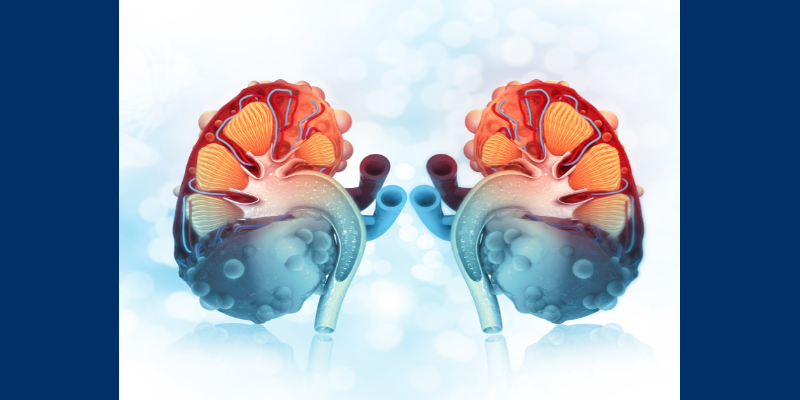
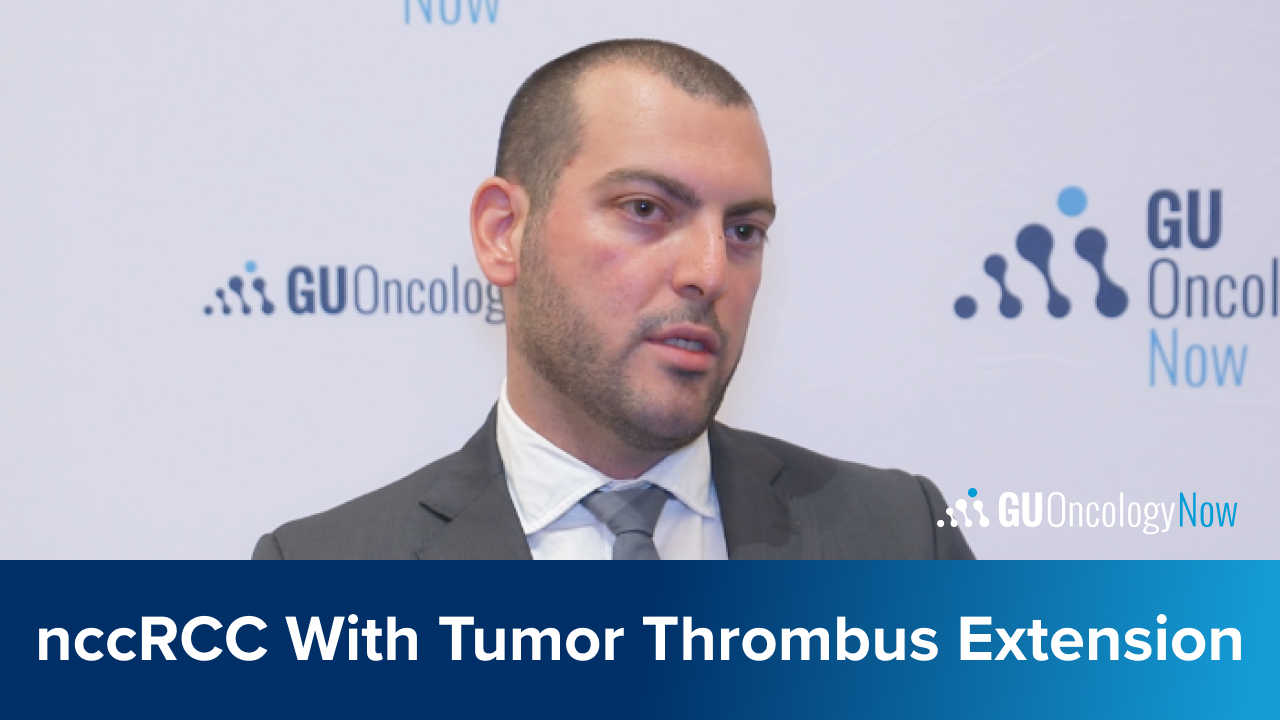
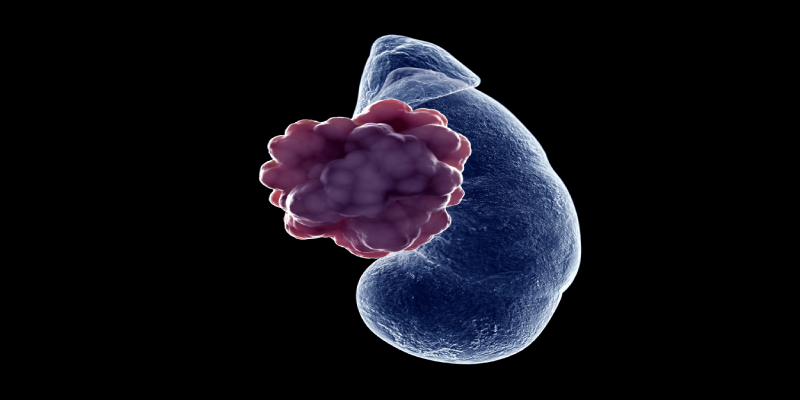
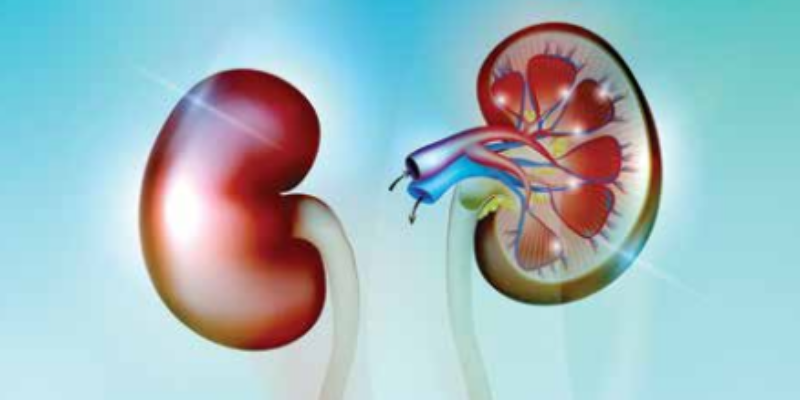



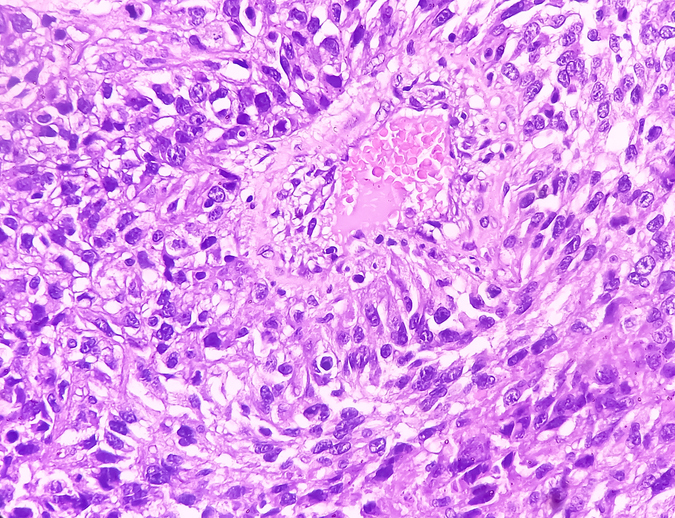
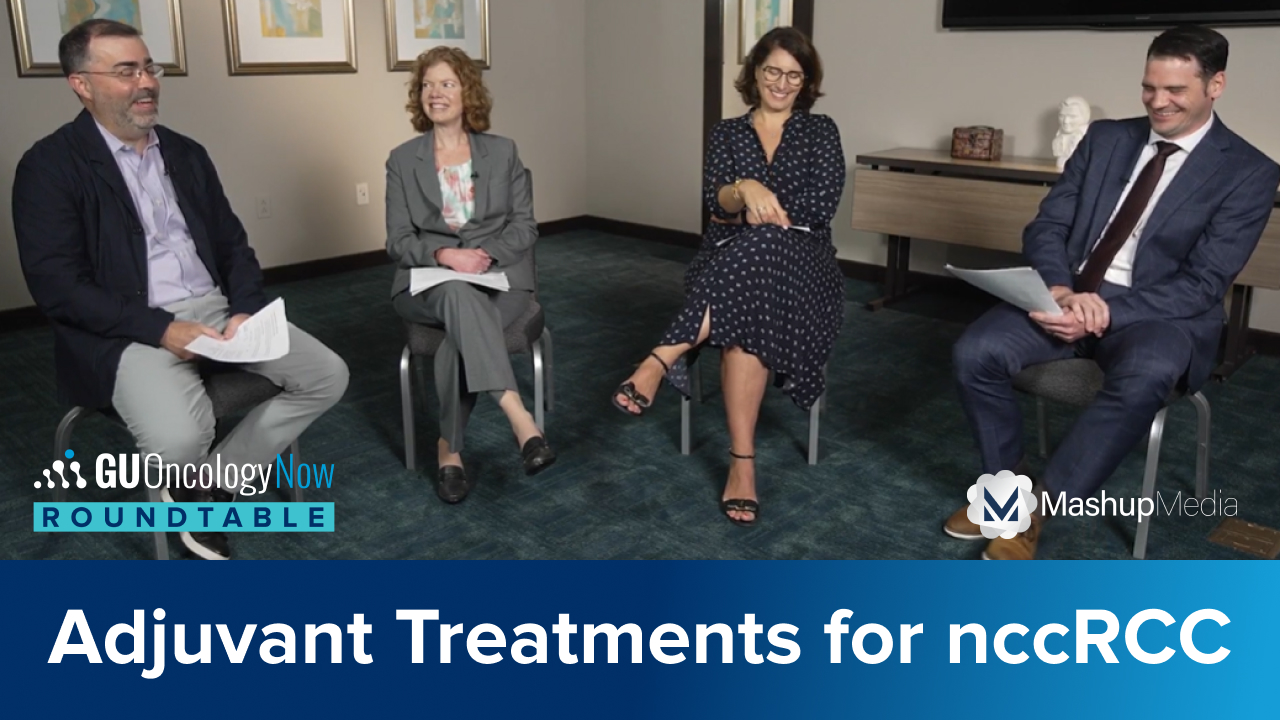
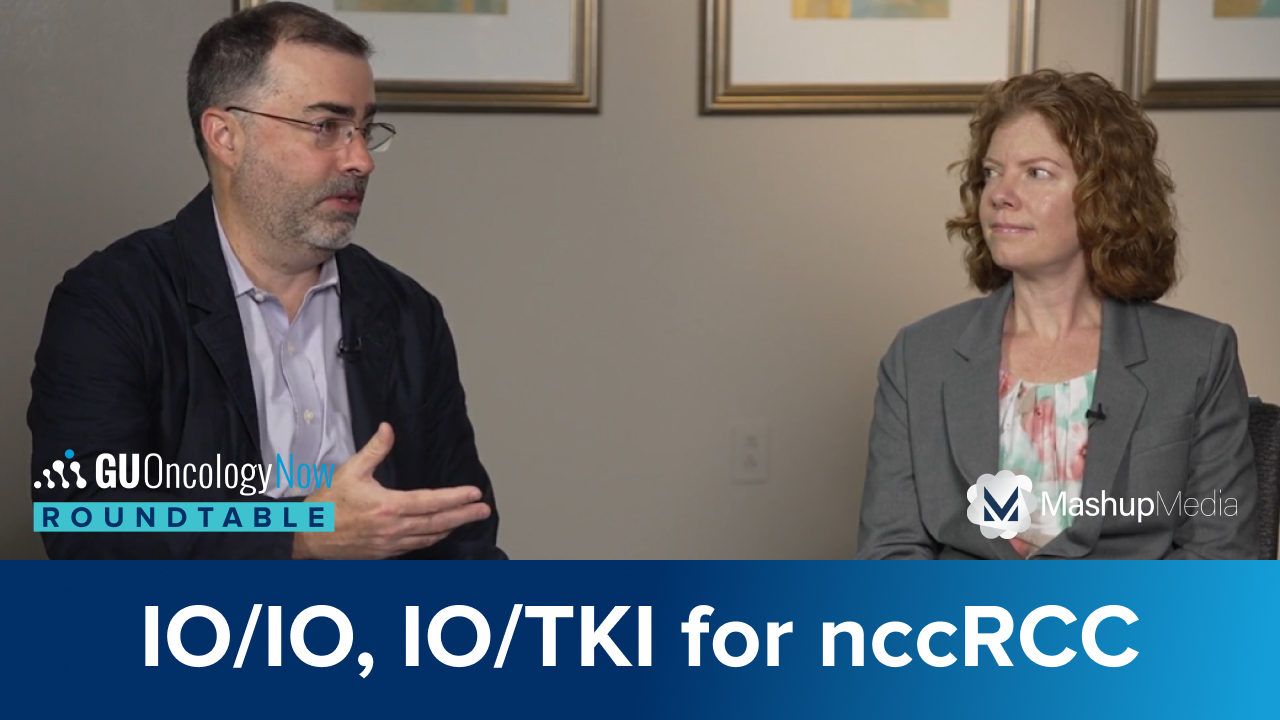
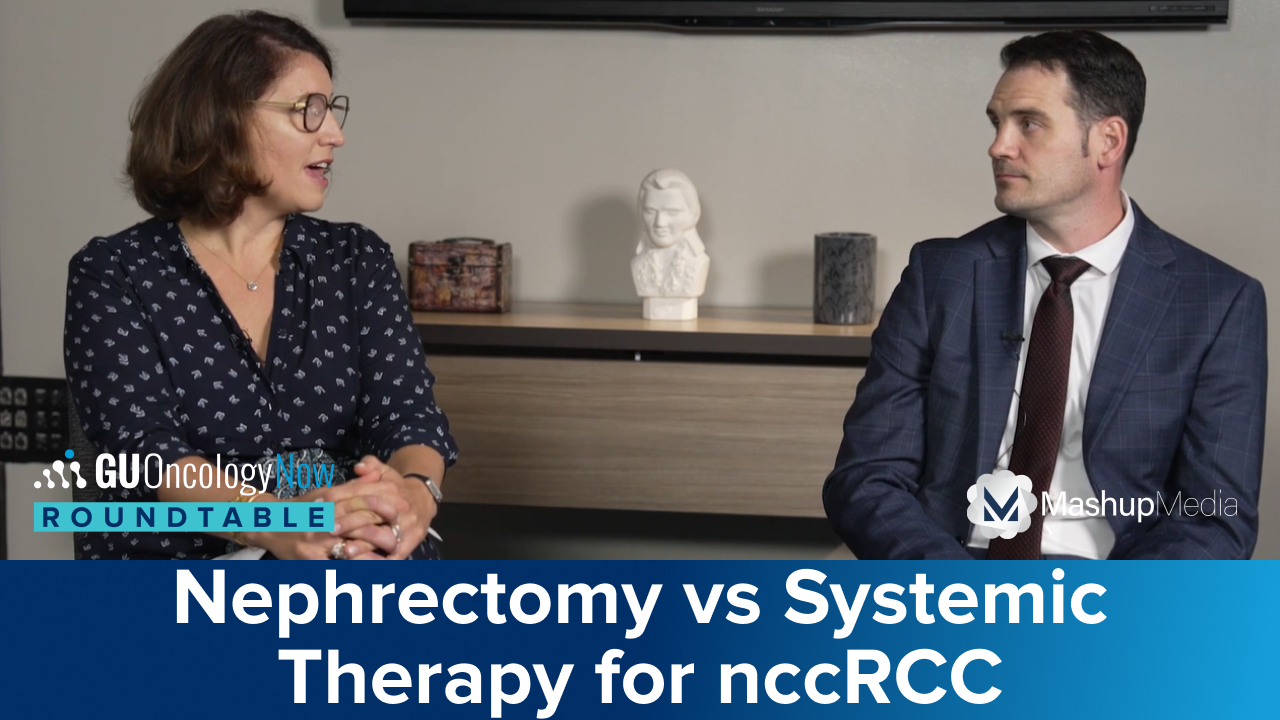
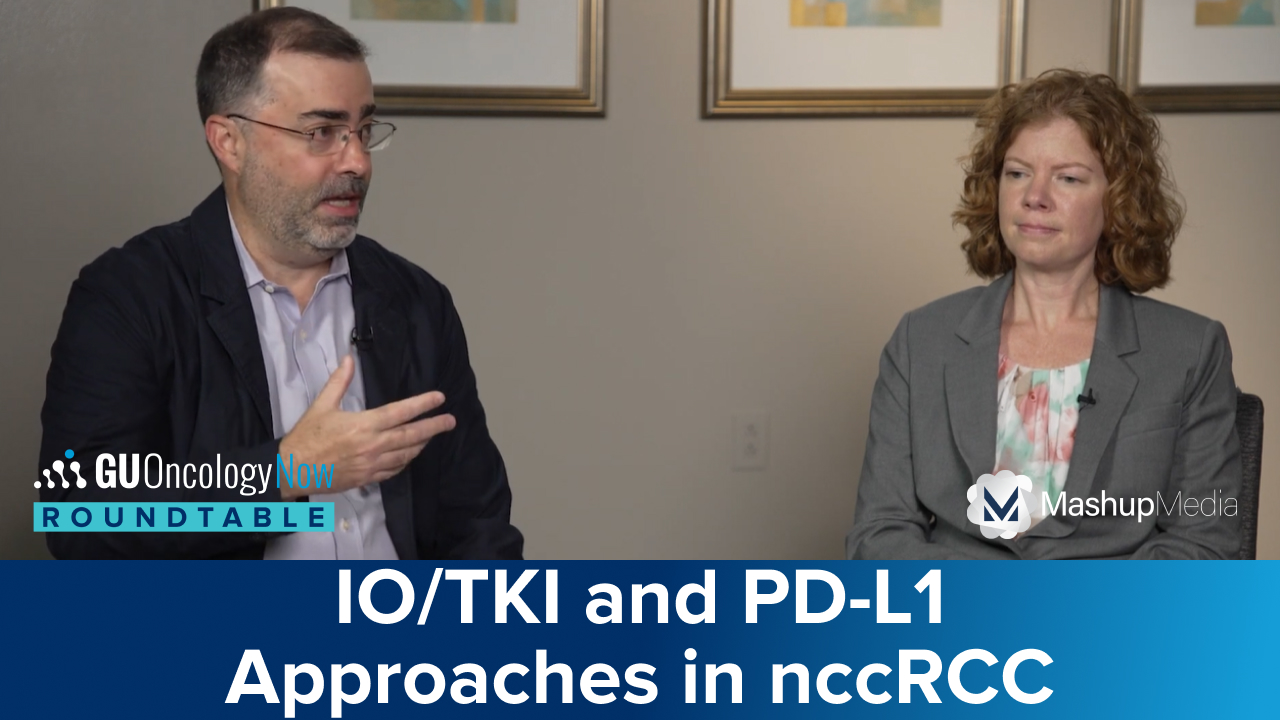
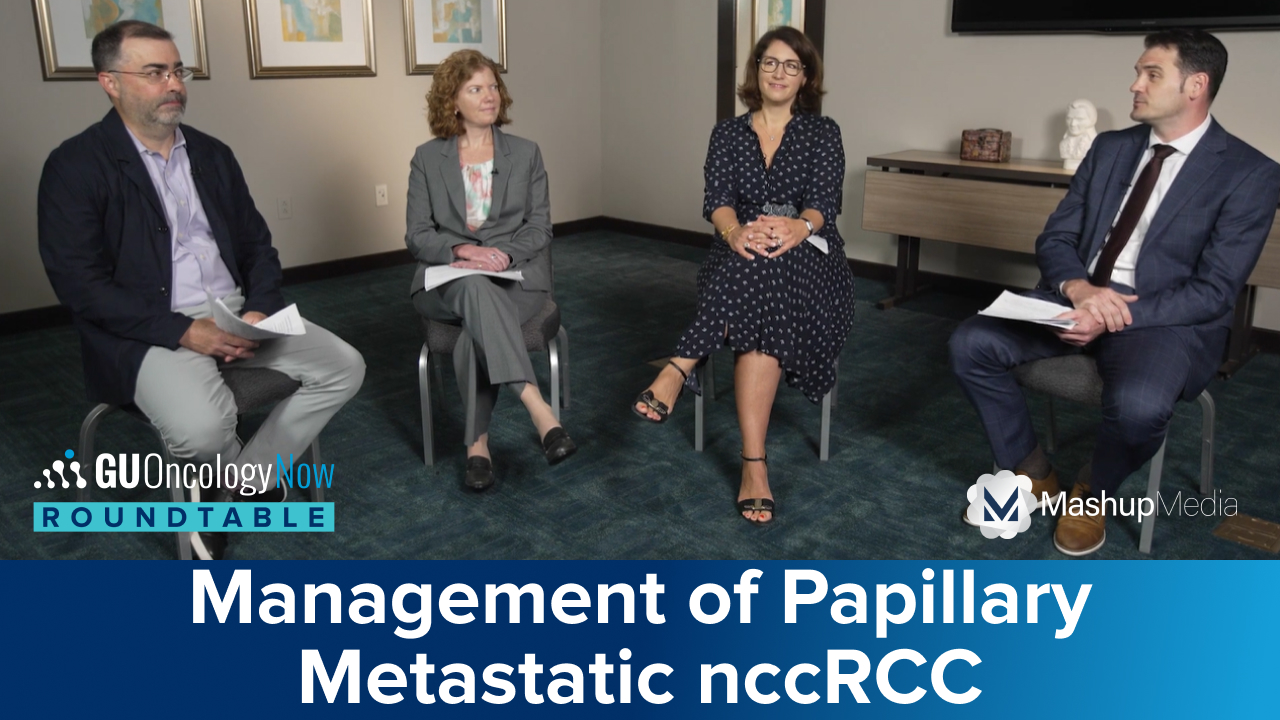


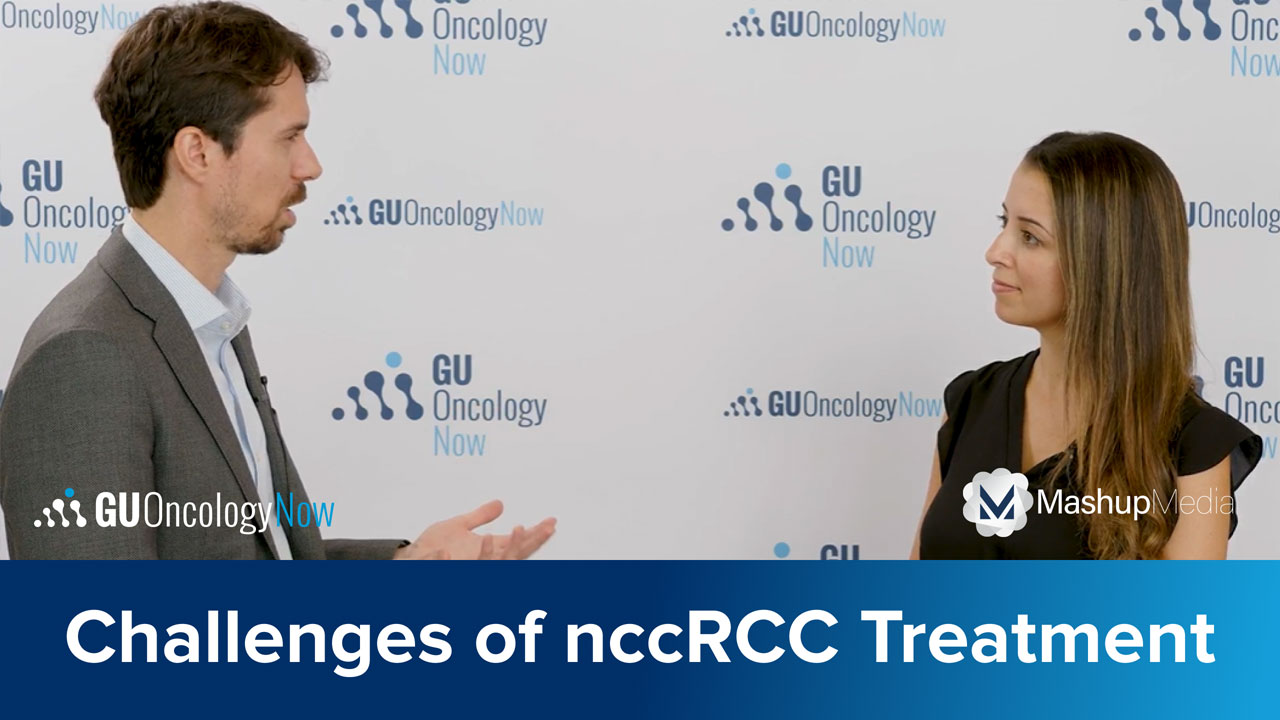




 © 2025 Mashup Media, LLC, a Formedics Property. All Rights Reserved.
© 2025 Mashup Media, LLC, a Formedics Property. All Rights Reserved.